Sakyadhita Spain hosted an online symposium on 12 December 2020 that included guests and speakers from around the world. Throughout the day, speakers shared diverse perspectives on the climate crisis and how Buddhist philosophy can be applied to transform our relationship with our environment. The symposium also reminded us how to be conscientious in our work as fellow sentient beings.
From a clear-skied Santa Fe, the online symposium was joined by Roshi Joan Halifax, who shared some of her thoughts, experiences, and insights on how she has navigated these challenging situations. Roshi first spoke of the ecosattva—a portmanteau of the Greek term eco or “house” and sattva or “being” in Sanskrit. This Earth is our house and we are beings of this house. This play on the word bodhisattva was coined by Buddhist teacher David Loy to remind us that we are not separate from this planet; we are already home. And as bodhisattvas, we are invited to be awakening warriors, to victoriously conquer the impediments that are destroying this Earth, our home.
Walk Our Talk
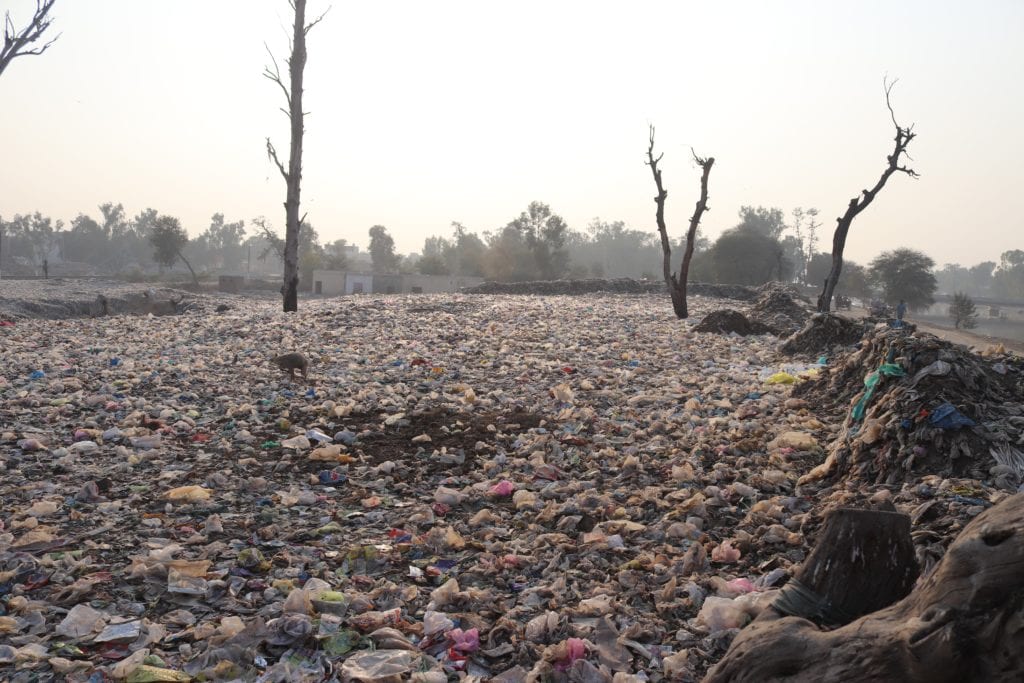
Roshi’s first question was an interesting one to consider: if the Earth has intelligence, is it possible that this “climate crisis is a resource of the Earth trying to regenerate?” To be fair, without asking the planet directly, it feels like a presumptive question for anyone to answer on Her behalf. However, the head-scratching fact that Roshi did share was worth mulling over: we have created so much “stuff” that the total sum “now outweighs the weight of the planet Herself!” A tough statistic to even try and make sense of. Roshi continued by observing that she feels humans are in the throes of what she calls:
A deep phase shift—not just about the intelligence of the Earth, but the intelligence, the deep wisdom of human beings to recognize the truth of suffering and to take responsibility as one of the species, including the macro species of the Earth …in relation to how we actually practice within the web of life. And so waking up at the level of consciousness to the fact that our presence, our abuse, our actions, our values, actually affect the lives of many beings and also the health of this Earth.
The deeply concerning fact that “we have gone over the tipping point in terms of climate change, is a wake-up call to conscientious human beings…that we must dial down or transform the tendencies that we have toward consumption.” Roshi stated, emphasizing that we must transform the way we treat the natural world, which has been based in violence and ignorance.
As bodhisattvas, we are invited to be awakening warriors, to victoriously conquer the impediments that are destroying this Earth, our home.
We are at a point in time when we can really see the truth of suffering and genuinely resolve to rectify it, Roshi explained. The fact to bear in mind, of course, is that despite all of the Earth’s upheavals, our pollution, the extinction of species that we have been responsible for, the planet will regenerate with or without us. This fact should be sufficient to wake us up and to encourage us to participate in the act of renewal and regeneration and in how we conduct our lives.
Yet how does meditation help us resonate with the Earth?
We can define meditation as something beyond mere cushion-sitting, and rather as being with nature, truly immersing ourselves with nature. It is within the embrace of the wilderness that we can truly know who we are without the overlay of the problems that humans can manufacture. Where we can deeply “nourish our best qualities within our own nature.” Yet within the wild, we are brought face to face with the truth of the impermanence of life as nature wrestles to survive the present era of human-wrought change. Perhaps this is one of the most significant vows we can make: to live in a way that is truly congruent with the values that we cultivate. To really walk our talk.
With this said, we must also remember that the most challenging situations are sometimes the ones from which we grow the most. Practicing in the metaphorical charnel grounds of everyday life can offer us opportunities of profound learning, something Roshi practiced to an extreme for many years as a volunteer. While it is important to practice deep discernment of our religious teachers when entering into samaya vows—to recall that teachers too have “feet of clay,” to be aware of the three states of projection (idealization, demonization, and normalization), and to know that in some situations it is healthier to walk away—the vow with ourselves and our home Mother is one we would be wise to stick with!
We can define meditation as something beyond mere cushion-sitting, and rather as being with nature, truly immersing ourselves with nature.
As Buddhists, we like to feel that we practice compassion. However, when we are faced with those who do not respect others, those who care not for any sentient beings other than themselves, let alone the natural world, and those who value self at the expense of all else, how then do we practice compassion?
Compassion as a Verb
Roshi, renowned and respected for her broad vision of compassion, was asked this question. She responded: “Compassion involves the capacity to allocate our attention to another. To bring our attention to another. That attention . . . is deeply enhanced by the qualities of our practice.”
One of the important qualities of compassion is non-judgment. Another is pro-sociality, for which “loving-kindness, gratefulness, a forgiving heart, warmth toward oneself and the world,” and even aspirations, are a bedrock. “Our lives are about being in service to others in order to transform suffering.”
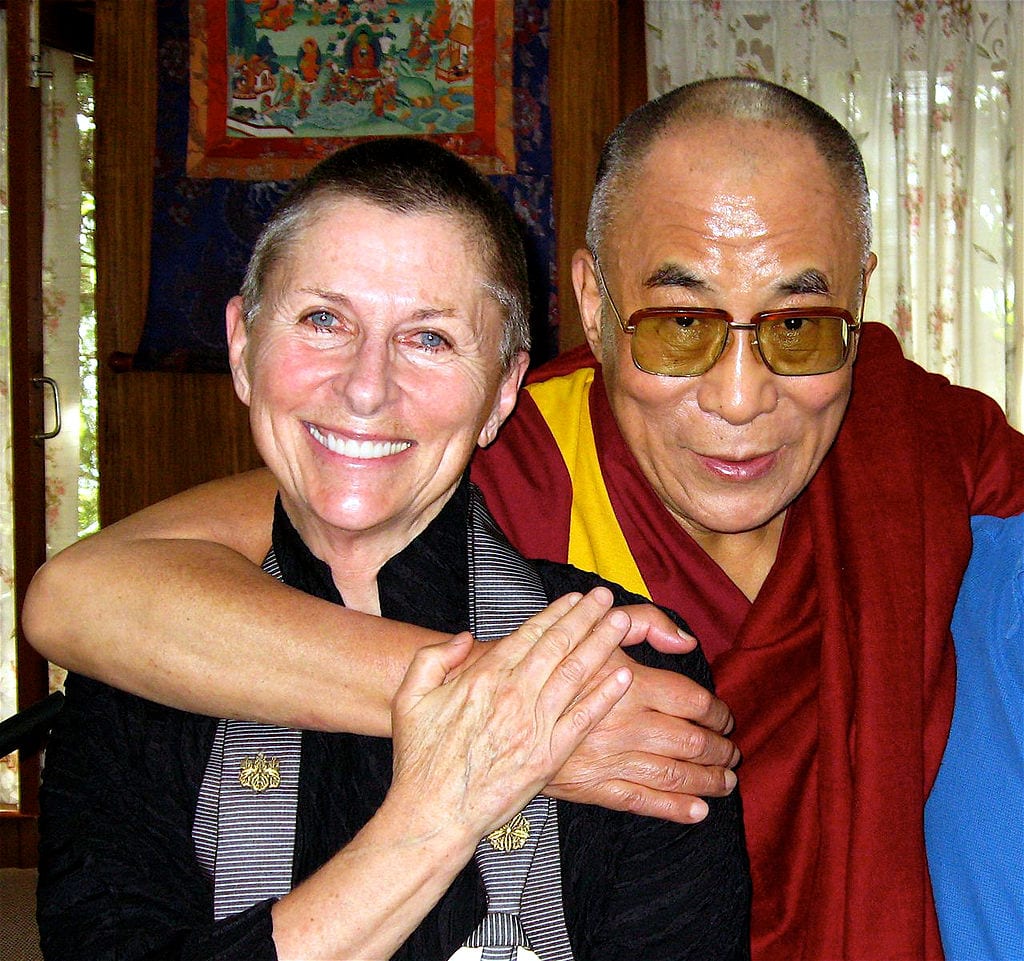

Roshi also pointed out that compassion involves the “capacity to discern deeply” to see the qualities of suffering and the possibilities therein for transformation. Through this, we need to hold the intention to engage in activities to help transform suffering.
Joan is particularly qualified in this last aspect, having spent six years volunteering on death row in New Mexico prisons. The prisoners were all convicted murderers held under maximum security. For their great crimes, Joan had to reflect deeply on the Four Noble Truths to seek the truth; the root causes beneath the pain. She recalled the Buddha’s words that beneath “geography of harm…of violence…of hatred, this geography of confusion, underneath this geography, was a Buddha. Yes, a wounded Buddha, but a Buddha nonetheless.”
It was a “practically realized” truth when Roshi was sitting with a prisoner accused of a terrible crime. Not an academic truth, nor an intellectual one, but a flash of realization in the moment when she saw his potential to awaken. She went on to recount her experiences, reactions, and moral outrage toward a particular person of power who had inflicted great harm on many people through his decisions and actions. It was during one of her meditations that she imagined him as a vulnerable baby, and also if she were to sit with him at the end of his life. She reminded us that when we consider someone for whom we feel aversion, we can bring to mind their vulnerability. And should we sit in the mind of another and lift our perspective beyond the immediate, we may see their deeper state and suffering psyche.
Perhaps this is one of the most significant vows we can make: to live in a way that is truly congruent with the values that we cultivate. To really walk our talk.
During the 1970s and the social upheavals surrounding that time, questions of gender equality were brought to the fore as feminism in the US prompted parents to recognize their responsibility to create a better education for the generations to follow, to “engender within them” traits of loving-kindness, integrity, respect, and wisdom.
Roshi’s feelings are that women have also been encouraging a new wave of education for young people that seeks to de-categorize expectations of gender. Perhaps more than anything, this is a strength that women have been growing into, not only in protection against assault and manifestations of violence, but also to actualize the embodied energy of power; recognizing that incarnating as a woman can help to manifest greater sensitivity as well as guide social and environmental engagement.
This vital topic was also shared and embraced by the intrepid Kung Fu Nuns of South Asia, who participated in this symposium and will form the subject of my next entry in this series of articles.
This article was originally published on Buddhistdoor Global as Sakyadhita Spain Symposium 2020: Roshi Joan Halifax. It is reprinted here with permission.
Roshi Joan Halifax, Ph.D., is a Buddhist teacher, Zen priest, anthropologist, and pioneer in the field of end-of-life care. She is Founder, Abbot, and Head Teacher of Upaya Institute and Zen Center in Santa Fe, New Mexico. She received her Ph.D. in medical anthropology in 1973 and has lectured on the subject of death and dying at many academic institutions and medical centers around the world. She received a National Science Foundation Fellowship in Visual Anthropology, was an Honorary Research Fellow in Medical Ethnobotany at Harvard University, and was a Distinguished Visiting Scholar at the Library of Congress.




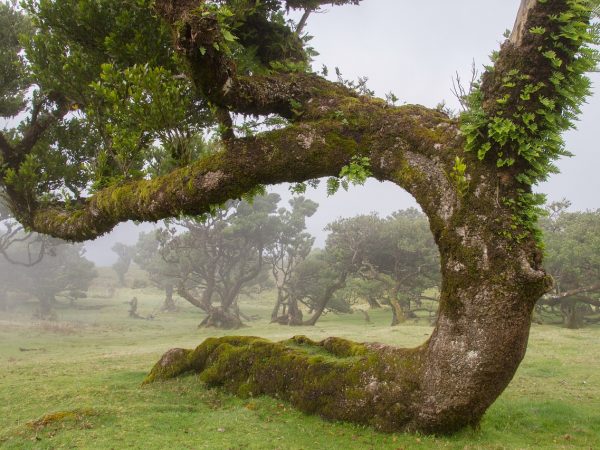

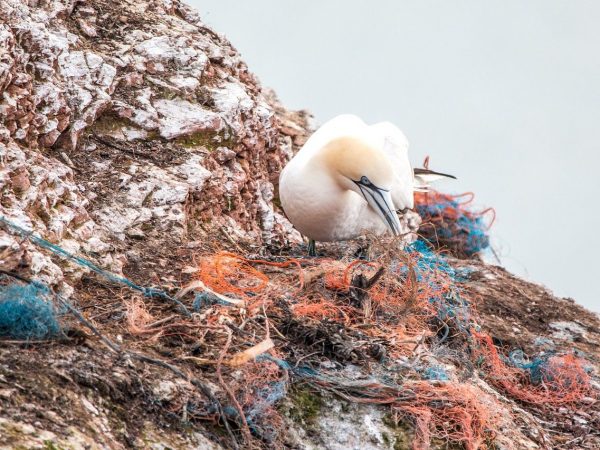
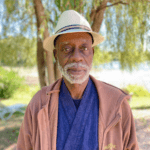
One Response
thank you for all of your efforts to connect sangha to action. some are the stream,
some are the logs, some are the shore. sending love to tashi and brenda – and all of you!